Kyrgyzstan is a landlocked country at the heart of Central Asia. Over 94% of its land is covered by mountains which tower up to 7,000 metres above sea level. Rural communities – which make up more than 63% of the entire population – live amongst these ranges and face unique challenges due to the extreme and isolated environment; there is limited access to basic healthcare, education and employment opportunities.
Communities are also highly vulnerable to the impacts of climate change – warmer temperatures are melting the country’s glaciers and snowfields, causing flash floods and landslides which threaten the exposed rural areas where mountain communities live. At the same time, dryer summers are increasing the risk of droughts in agricultural areas.
In order to address these challenges and empower Kyrgyzstan’s mountain communities to improve their lives, the Aga Khan Foundation launched the Mountain Societies Development Support Programme (MSDSP) in 2006.
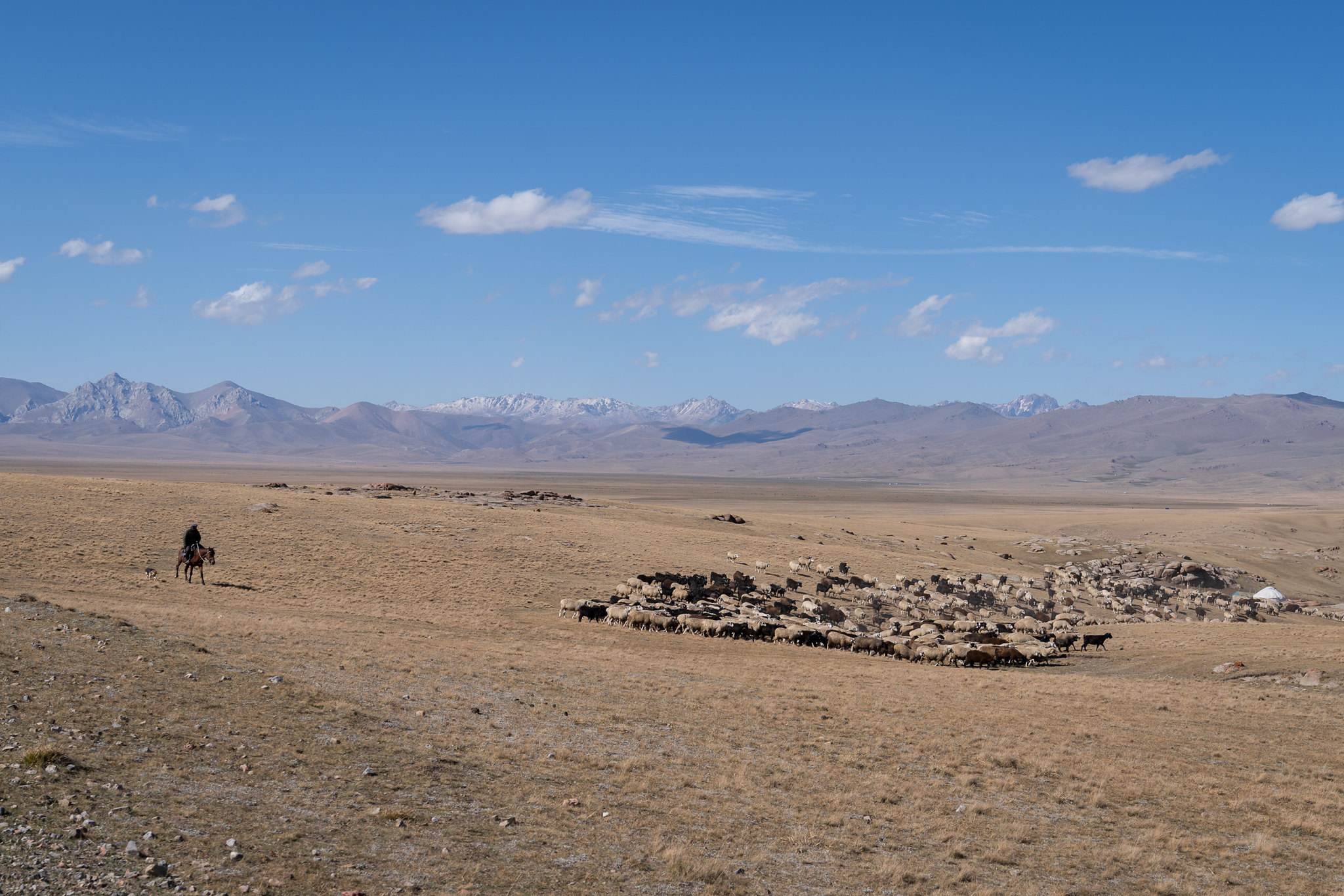
Since its establishment 15 years ago, this programme has worked with local communities to strengthen agriculture and food security, work and enterprise, climate resilience, education, early childhood development (ECD), health and nutrition and civil society.
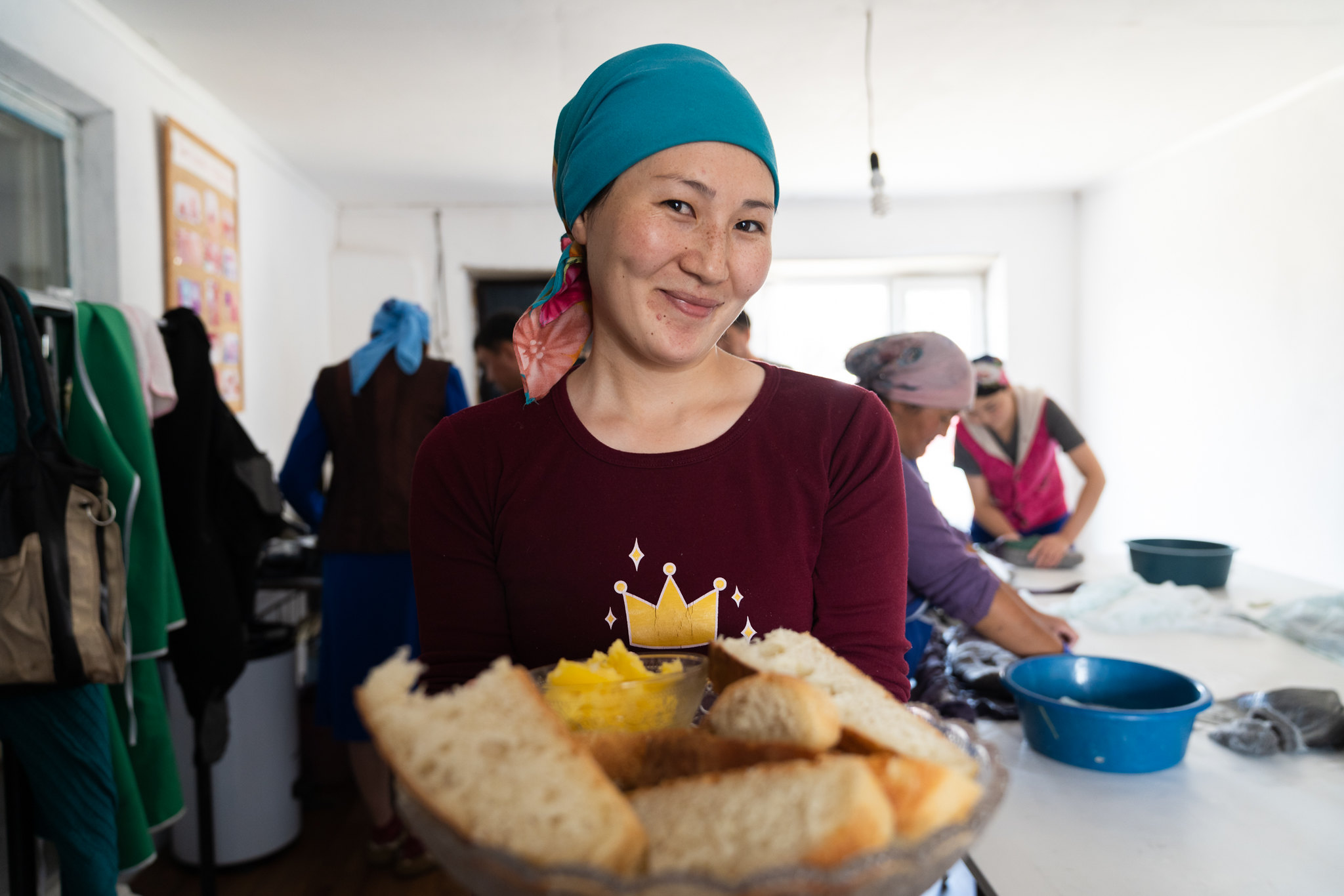
Arslanbek Miiashev, Executive Director of AKF’s MSDSP Kyrgyzstan offers and insight into the reach and impact of this programme, “over the last 15 years, MSDSP has partnered with the Government of Kyrgyzstan and the country’s civil society organisations to assist the poorest and most marginalised in society, especially women and girls, so that they achieve a level of self-reliance and an improved quality of life. The MSDPS’s programmes are guided by national development priorities and reach over 520,000 people.”
“Over the last 15 years, MSDSP has partnered with the Government of Kyrgyzstan and the country’s civil society organisations to assist the poorest and most marginalised in society, especially women and girls.”
Arslanbek Miiashev, Executive Director of MSDSP Kyrgyzstan
Improving farming livelihoods
In the remote mountainous areas where AKF works, many families depend on livestock farming to earn an income. Improving the productivity and profitability of livestock is an important way in which these households can lift themselves out of poverty and open up new opportunities.
To support this, MSDSP focuses its work on four key pillars: breeding, feeding, health, and keeping. For example, AKF has trained a team of veterinarians to deliver artificial insemination services so that farmers can keep more valuable cattle breeds. Since 2016, over 500 cows have been inseminated and farmers have seen a 40% – 50% increase in their income.
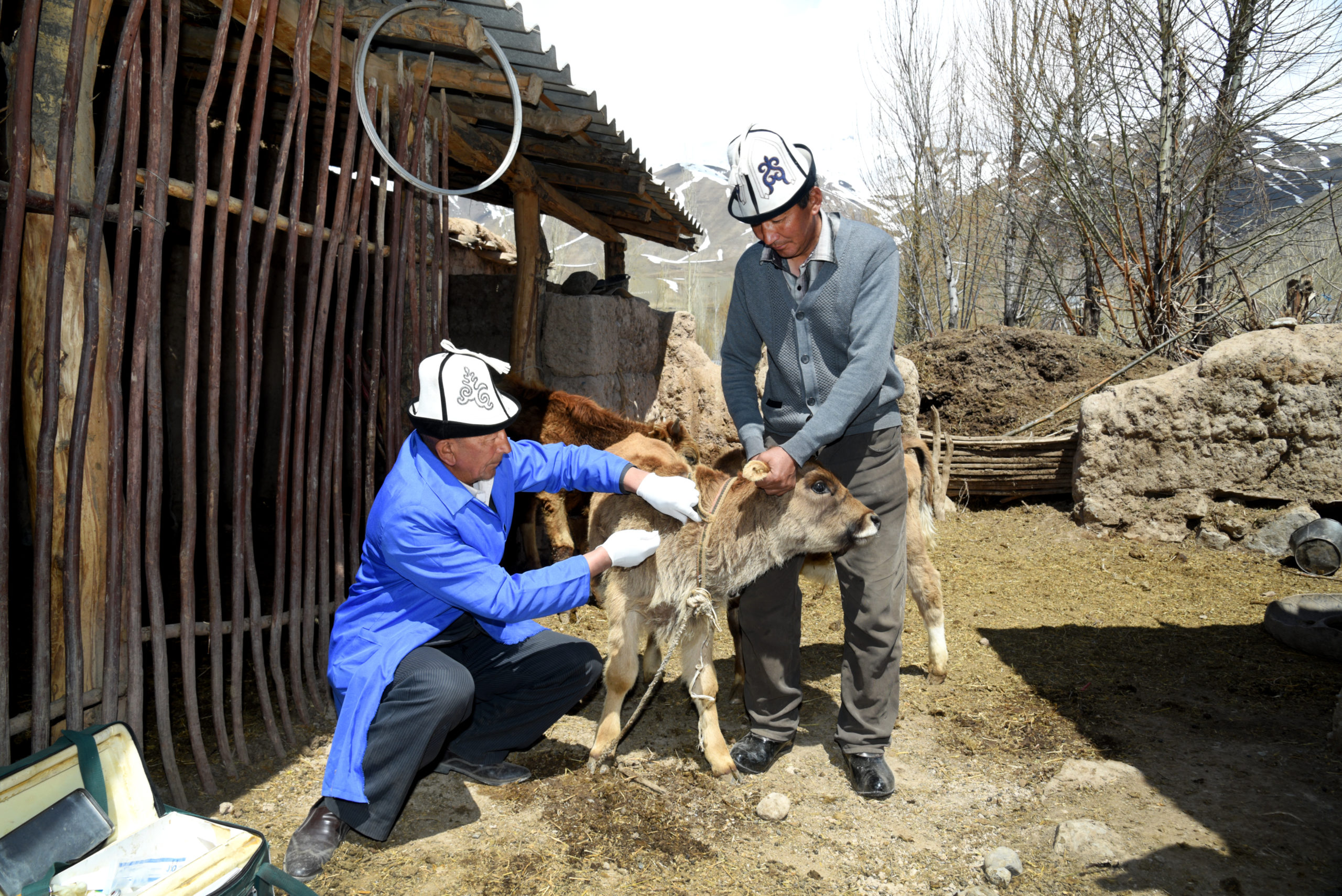
“I have been breeding animals for many years. Following my consultations with veterinarians I have mastered new technologies to improve my livestock. I am pleased that the artificial insemination techniques have positively impacted the quality of our breeding and increased the livestock,” says Toktomurat Kaykiev, a farmer who received support from Bai Alai, an MSDSP poverty reduction project funded by the Government of Switzerland.
AKF’s mountain programme has also supported nearly 26,000 farmers (50% of whom are women) to learn new climate friendly cultivation techniques. These include drought resistance seeds, as well as drip irrigation systems, crop rotations and mulching techniques to maintain soil texture and moisture.
As well as this, AKF has worked with communities to plant more than 200 fruit trees which not only support livelihoods but also contribute to land stabilisation and carbon sequestration. In the last 15 years, AKF has supported remote Kyrgyz communities to construct 46 greenhouses, restore 106 irrigation canals and improve over 94,600 hectares of agricultural land.
Strengthening healthcare
To improve access to quality health care in rural areas of Kyrgyzstan, AKF is leveraging the potential of new technologies such as eHealth which is eliminating the need for long distance travel to access quality healthcare. Altynbek Musaev, a specialist at Naryn Oblast Hospital, explains: “Tele-consultations were introduced in Naryn Oblast Hospital in 2015. Thanks to this new service, patients from remote mountain villages can have consultations with specialist medical professionals based in national hospitals. This system is also used for online learning sessions for our colleagues.”
“Thanks to eHealth services, patients from remote mountain villages can now have consultations with specialist medical professionals based in national hospitals.”
Altynbek Musaev, an eHealth specialist at Naryn Oblast Hospital
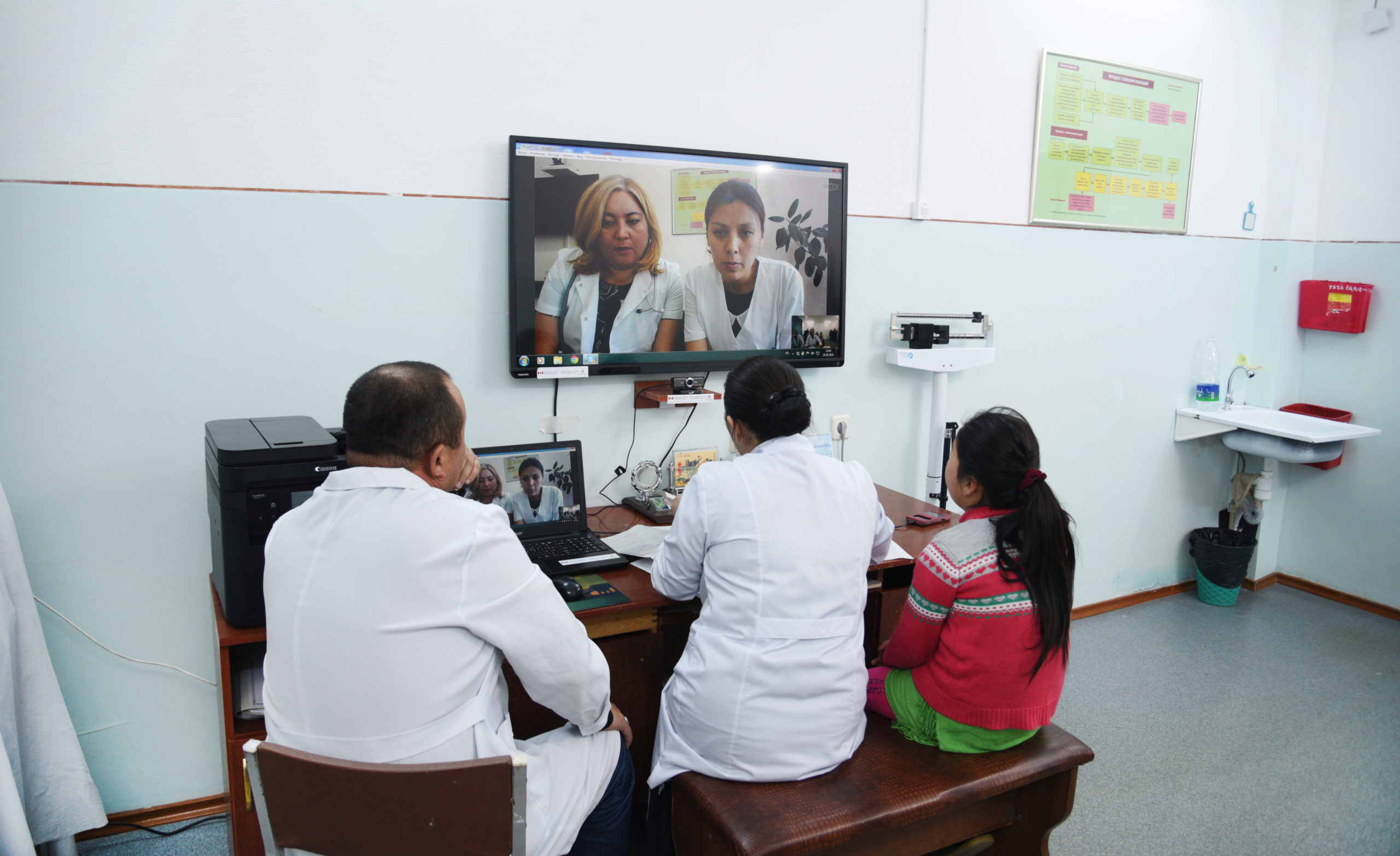
Working in collaboration with AKF in response to the healthcare challenges faced by mountain communities, the Aga Khan Health Services (AKHS) opened a family medicine and diagnostics centre in Naryn in 2016, with support from AKF and the Government of Canada. It is the first private not-for-profit health centre in Naryn to provide high quality, reliable and affordable services, as well as offering welfare for those who cannot afford to pay. Since opening, the centre has provided healthcare to over 50,000 patients.
Enhancing education
Every year, many semi-nomadic Kyrgyz families migrate to the jailoo (or high pastures) to graze their herds for four to five months. One unfortunate downside to this annual migration is that many rural Kyrgyz children miss out on pre-school during these months. In response, AKF worked with these communities to bring early childhood education to the mountains.
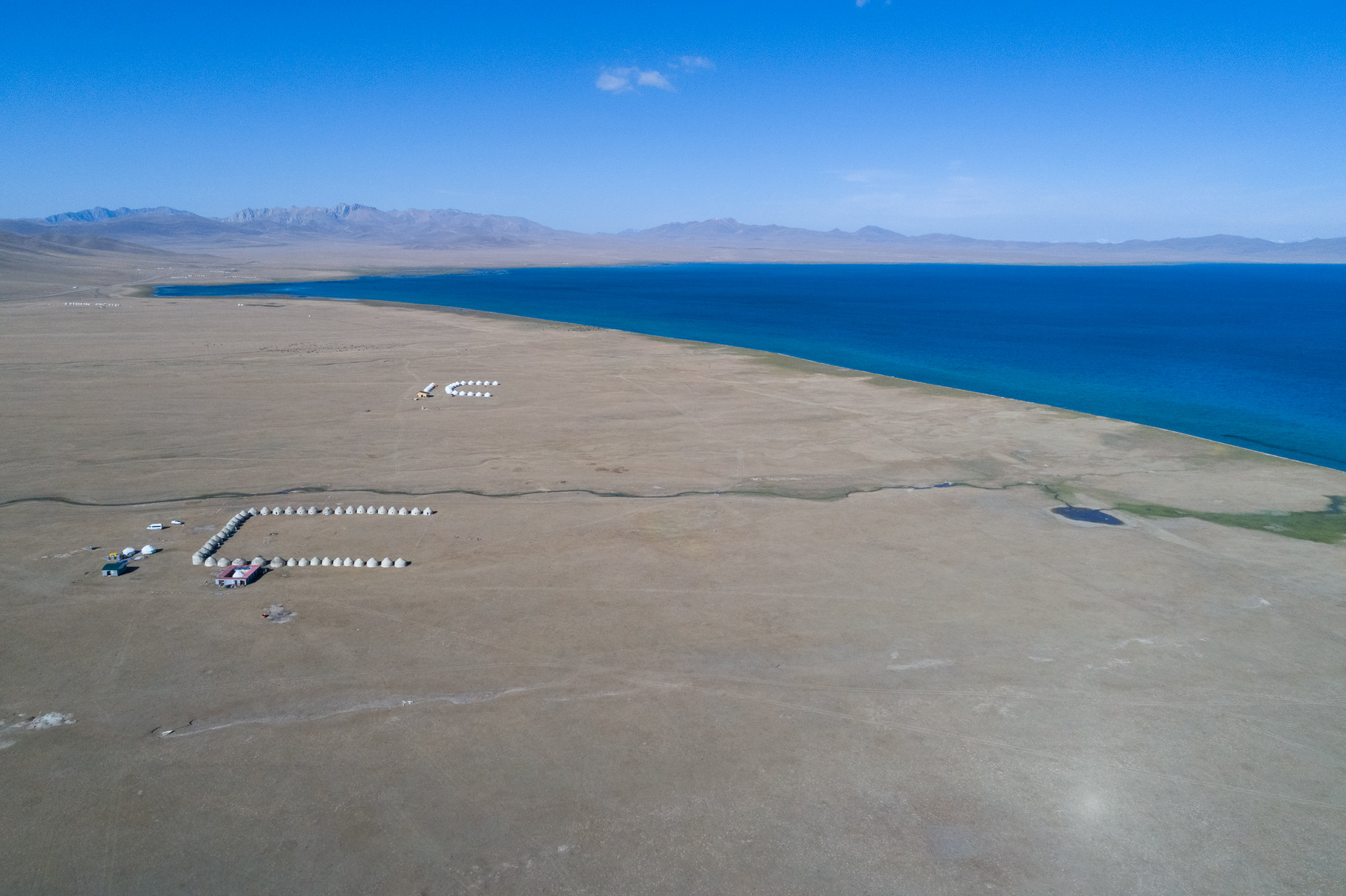
The mountain programme evolved to introduce the jailoo kindergarten initiative to ensure that children who migrate to mountain pastures continue to benefit from pre-school services. Members of the community are trained to provide pre-school services and mobile libraries travel with the communities. This initiative was piloted in 2010 within 21 communities and has since reached more than 100 – the model has since been replicated by other NGOs as well as community-based civil society organisations.
Ainagul Abdieva from Kabylan Kol village of Osh Oblast explains: “Our jailoo kindergarten helps us by looking after our children while we work. It also provides them with an important foundation which will help them in their future life. I am delighted that my son continues to learn new things even if we are so remote from our village. I think this kindergarten is even better because it is much healthier here, the air is clean and the food is natural.”
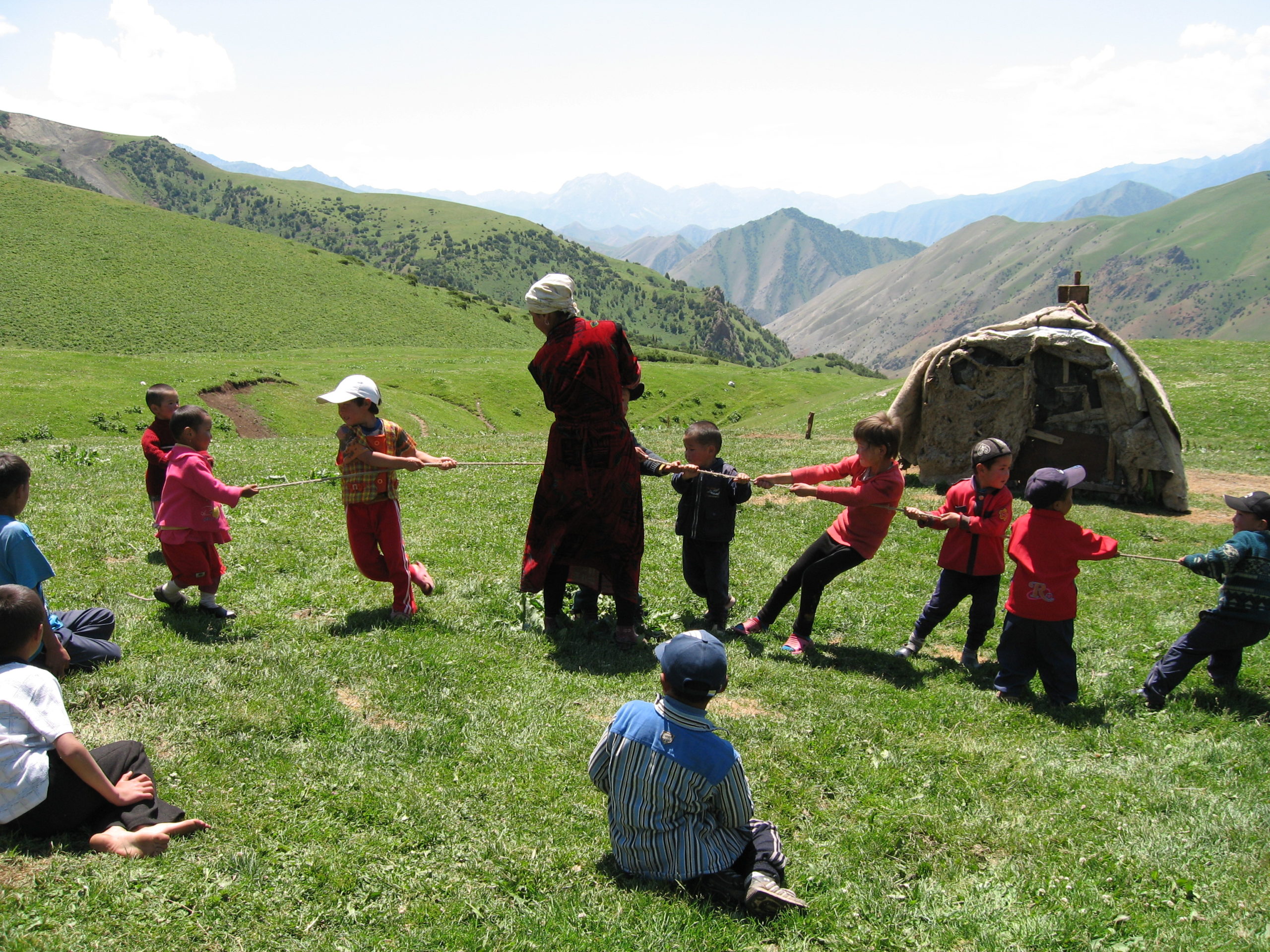
“I am delighted that my son continues to learn new things even if we are so remote from our village.”
Ainagul Abdieva from Kabylan Kol village of Osh Oblast
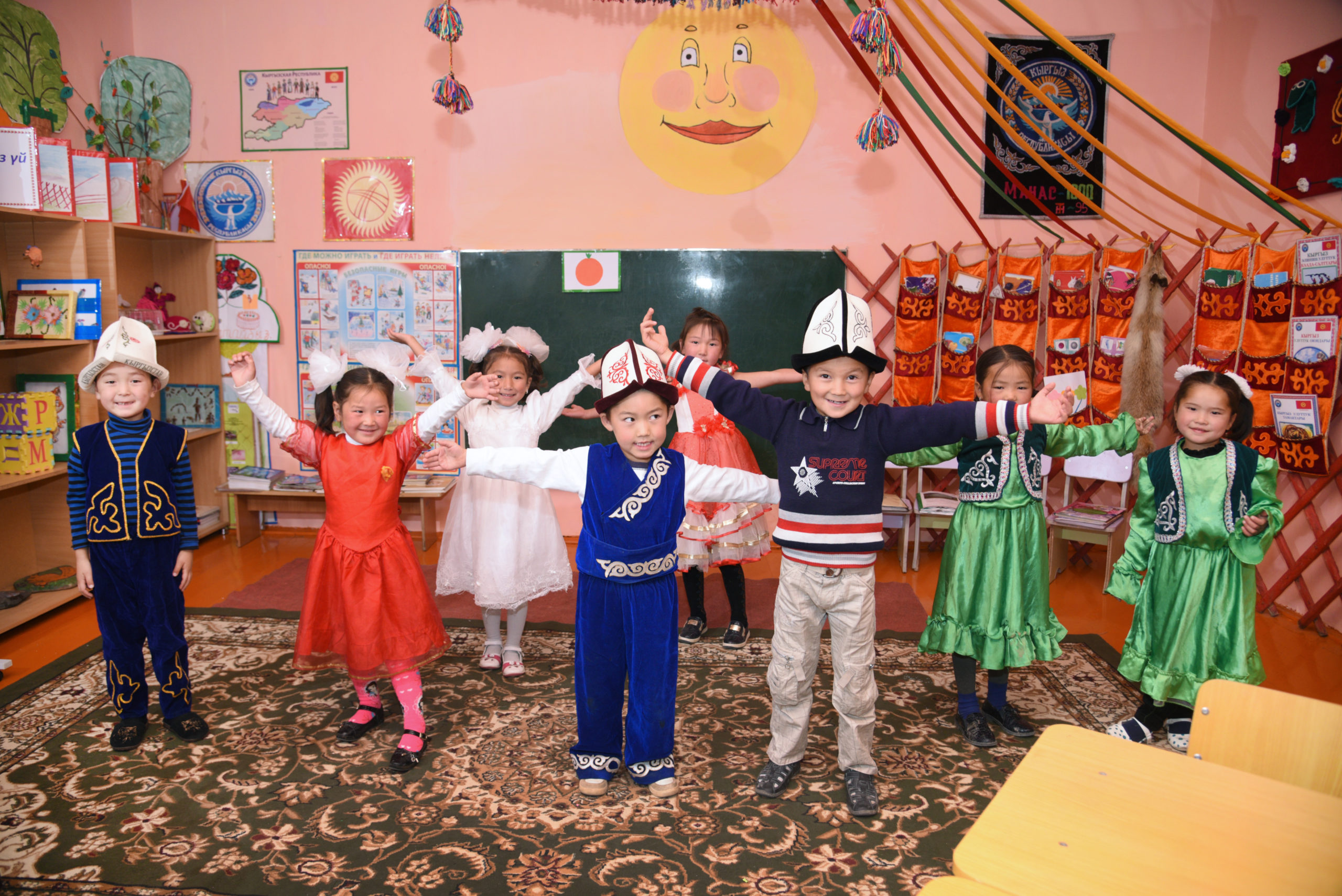
To gain deeper insights into how better to support mountain communities, AKF works with the University of Central Asia (UCA)‘s Mountain Societies Research Institute (MRSI). The institute generates knowledge on mountain societies with a focus on improving livelihoods, managing natural resources, mitigating the effects of natural hazards and climate change, and building community resilience in these challenging environments. AKF is an active collaborator across these research areas, sharing expertise gained from experience working so closely with the communities living across the region.
Over the coming years, the AKF’s Mountain Programme will continue working across multiple sectors to address the development challenges faced in Kyrgyzstan’s mountains. As these challenges evolve, AKF will evolve too, increasing its focus on climate resilience and employment. In 2021, AKF and the Aga Khan Fund for Economic Development’s business acceleration programme, Accelerate Prosperity, hosted its first business accelerator for energy efficient and resource conservation companies in Kyrgyzstan. Initiatives like this, together with the work of AKF’s Mountain Programme, will be key to improving the life of Kyrgyz mountain communities in the years to come.
This article was written by Adylbek Ismailov, Senior Communications Officer, AKDN Kyrgyzstan.
With thanks to the World Bank, USAID, European Union, GIZ (German Development Agency), Global Affairs Canada, Swiss Development Cooperation, the Oak Foundation and the Jacobs Foundation for their ongoing support of AKF’s work in Kyrgyzstan.




